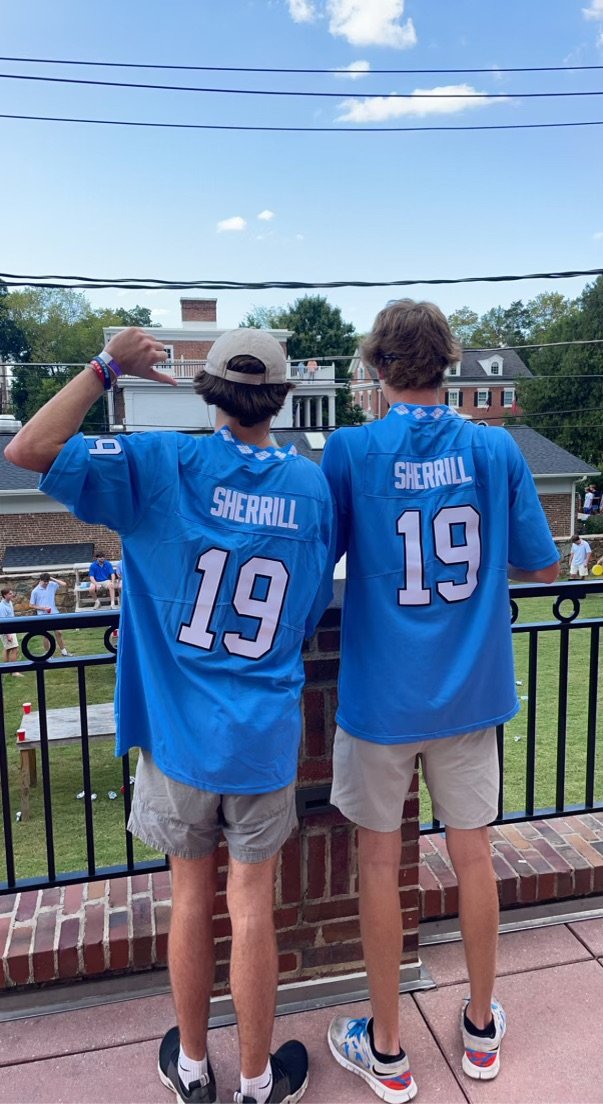Climbing Down the Ladder
/I didn’t see it until someone pointed it out. In a writing class, a teacher spoke of the “ladder of abstraction,” and encouraged us, as writers, to descend. “Climb down the ladder and write specifically,” the instructor said. “Instead of saying someone is sad, lost, or confused, make the reader see the sadness, feel the loss, and experience the confusion in tangible ways through gestures or actions.” The more familiar adage is, “show don’t tell,” but the ladder is a helpful image, not only for writers but for all sorts of people.
It's easy to say you’re a father (high on the ladder); it’s another thing to show up when you have other things you need to be doing (low on the ladder). It’s one thing to say all people matter (high), and another to stand with others outside a courthouse protesting injustice (low). Promising to love one another “for better or for worse” (high) is easier than holding hands after an argument (low).
The same dynamic exists in the life of faith. How easy it is to keep one’s head in the clouds when we speak of loving God (high on the ladder). It’s another thing to spend time each day in prayer and meditation, devoting time to reading and studying, and looking for God deliberately (and specifically) in the world around us (Low). How easy it is to keep one’s head on the clouds when we speak of loving one’s neighbor as oneself (high), and another to spend time with people who are different from us, forgive people who hurt us, or love those who live lives we don’t understand (low).
Climbing down the ladder of abstraction is difficult, but down on the ground is where things get real. It’s where we show-don’t-tell the world who we truly are and what we care about. It’s where water becomes wine, loaves feed, and strangers and enemies embrace. No wonder God “climbed down” long ago. No wonder God continues to climb down every day.


